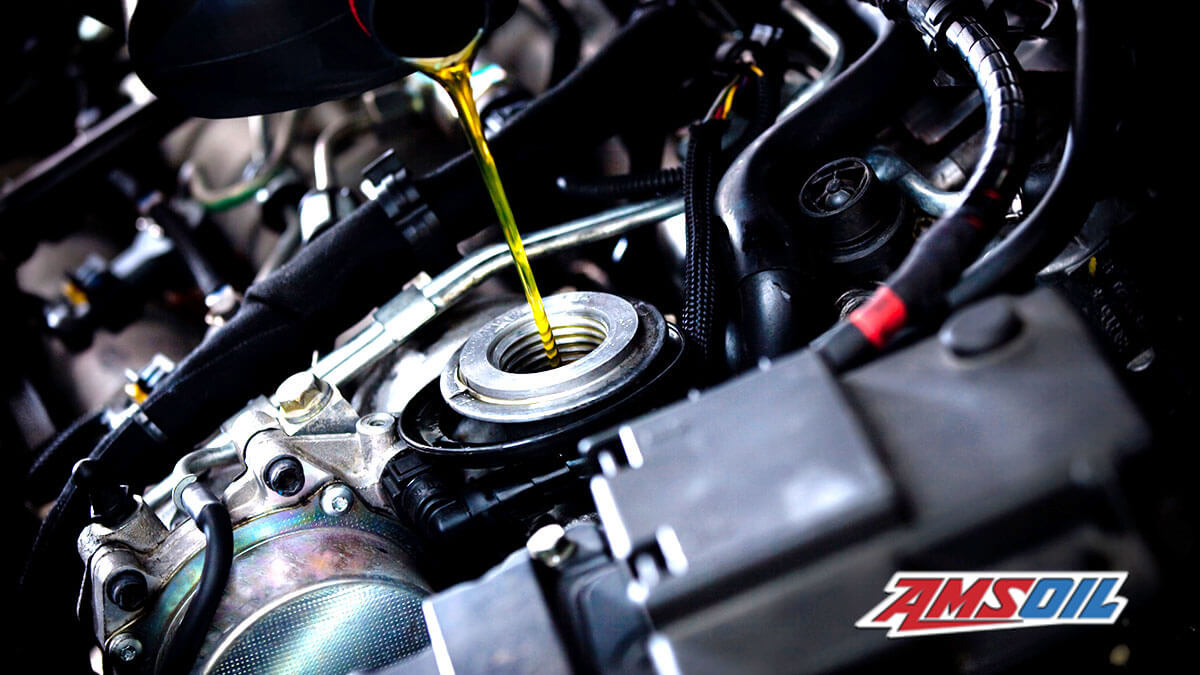How Often to Change Diesel Oil?
One of the most controversial topics we hear about in the industry is how often you should change your diesel engine oil. Whether you are the owner of a new diesel pickup truck or just looking for more information, we will attempt to clarify this hot topic because there is no simple answer. If you read through this post and still have questions, please feel free to contact us today!
Diesel Oil Change Basics
Preventative maintenance is the #1 most important thing any diesel pickup truck owner can do during their time of ownership. Frequently we have customers that require moderate repairs to their diesel trucks due to improper maintenance or maintenance performed by inexperienced technicians that lack specific “diesel truck” knowledge. The diesel engines in your Ford Powerstroke, Duramax, or Cummins require multiple services at increased intervals compared to standard gasoline-powered cars and trucks, for good reason too!
Most gasoline-powered vehicles use engine oil for lubrication and cooling of the engine and engine only. Diesel engines also use engine oil for similar reasons but at a more extreme level. Diesel engine temperatures far exceed gasoline engine temperatures, the compression ratio is much higher in diesel engines, diesel emission systems increase wear on engine oil, and diesel engines also use the engine oil for cooling and lubricating the turbocharger! All of these factors combined can lead to premature engine component failures without proper maintenance.
Diesel Oil Change Frequency
For older non-dpf/scr equipped diesel pickup trucks, we recommend oil changes every 3,500-5000 miles (1990-2008). If you drive a newer diesel pickup or one that requires def fluid, the answer is a little more complicated (urea or diesel exhaust fluid). Our experts generally advise customers to perform a diesel oil change every 5,000 to 7,500 miles.
This frequency usually provides the best balance for our local southern California clients. Our weather and driving conditions put most customers in “severe duty” driving conditions. Given that not everyone lives nearby or falls into the severe duty driving category, below are a few examples of when you would choose our recommended interval over the standard interval.
- Excessive stopping and go driving (this leads to more soot accumulation in engine oil due to lower temperatures and distances)
- Frequent towing of large loads or payloads (higher engine loads lead to increased wear of engine oil)
- Extreme temperatures (both hot and cold extreme temperatures can shorten the life of diesel engine oil).
- Diesel Engine modifications (Diesel pickup trucks with aftermarket turbochargers, fuel injectors, custom tuning, etc.) should have diesel engine oil changes performed more frequently.
If you and your diesel pickup truck fall into any of these categories you can contact us with any questions or schedule your appointment online for repair, performance, and maintenance by Orange County’s #1 Diesel shop.
Frequently Asked Questions
Why are my diesel engine oil changes more expensive than my gas truck was?
The engine oil capacity of most diesel engines in pickup trucks is significantly higher. For example, the average diesel pickup truck engine oil capacity is more than 14 quarts. In contrast, standard gasoline engines have a capacity of 6-7 quarts.
What is the best type of diesel engine oil?
Right now, the answer is “the kind of oil you can actually get.” We are currently experiencing a number of diesel engine oil shortages with full synthetic diesel engine oils. As long as the oil is API certified, CK-4 oil standards can be met.
Can I do my own oil changes?
You may be capable of changing your own diesel engine oil. Still, we recommend you leave it to the professionals at Buds Diesel. Changing your own diesel engine oil can be time-consuming and messy. Finding an oil recycling center during these times can also be challenging. Most new vehicles require special tools to remove the engine oil filter that is not readily available at your local store, which can waste time and lead to errors during the oil change process that could lead to catastrophic issues.
What if I want to go the longest distance between diesel engine oil changes?
While we do not recommend exceeding our diesel oil change intervals, we advise anyone exceeding the miles to have their engine oil tested. Engine oil samples should be taken around the mileage you are hoping to go between servicing. Blackstone Labs offers great (and sometimes free!) engine oil tests and can be found here.
Why does my truck still say I have XX% life remaining?
Oil life monitors on modern diesel pickup trucks typically only account for miles driven between oil changes and do not consider engine load, temperature, or driving conditions.
Why does my engine oil look black right after a diesel oil change?
Soot, Soot, and More Soot! Engine oil, in addition to lubrication, aids in the cleanliness of the engine. Because of increases in fuel injection pressures and exhaust temperatures to combat emissions, modern diesel engines produce even more soot. Black oil is a good thing because it means the oil did its job. Thank you, oil!!

